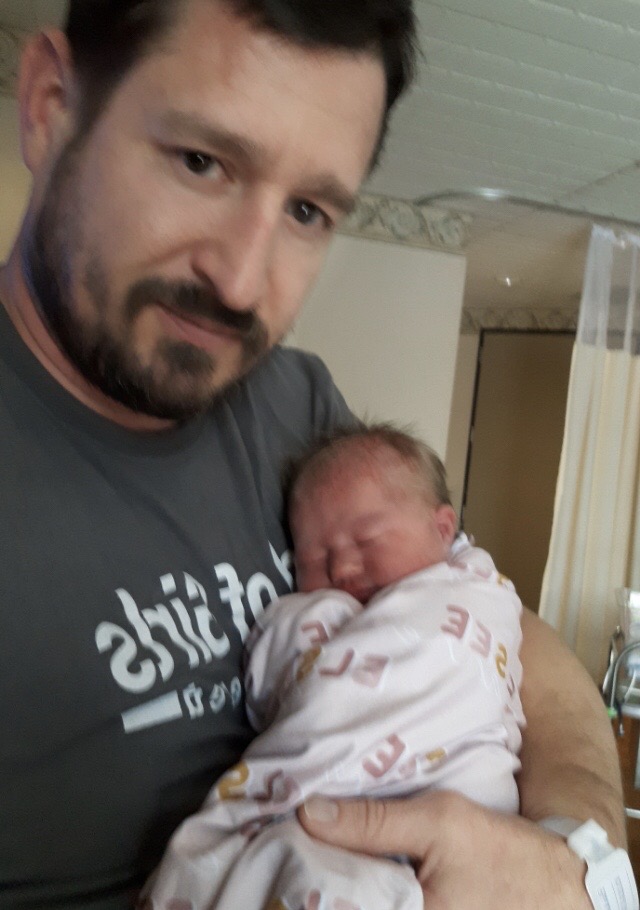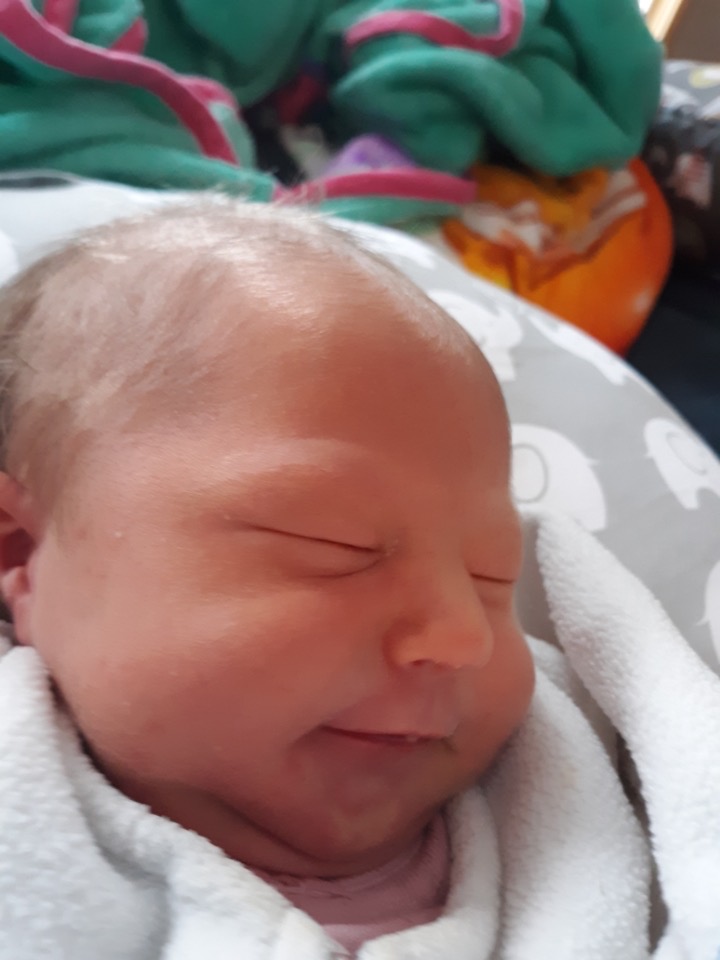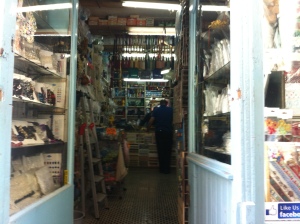I was lying on the couch the other day, performing my patriotic duty.

I thought, “Ten days since the Governor’s stay at home order went into effect. Only three weeks to go. I can do this!” Then I realized that only three days had actually passed.
—
Today, it really has been a week and a day since Minnesota’s Governor issued renewed coronavirus restrictions. I had rushed to spend time outdoors with my granddaughters on a nice-weather day, the day new restrictions would be announced. I listened to the Governor’s press conference as I drove home, and wept.
This was going to be hard.
Restaurants would be closed for a month. Would my son lose his job? My daughter in law is on paid maternity leave, a rarity in the US. But what if her employer went bankrupt? Gyms would close; I would be furloughed from the YMCA and not have access to indoor workouts during a cold month.
I don’t think people outside America appreciate how important Thanksgiving is to most Americans. It’s my favorite holiday because it’s so simple—just a gathering with family and eating traditional foods. Thanksgiving was one week away. Would I be able to join my family around the table?
The Governor was unequivocal. For the next month, including Thanksgiving, “in-person social gatherings with individuals outside your household are prohibited.” He didn’t say it was okay if you wear masks and observe social distancing.
No social gatherings with multiple households, period. “Even outdoors,” he added.
—
So Thanksgiving was mashed potatoes and stuffing eaten on the couch and a family Zoom call. It was fine.
—
What is hard is feeling like I am one of only a few people I know who are following the rules. Am I just an uptight, rigid rule follower? A sheep? I know I’m not imagining things when people give me funny looks when I wear a mask indoors in certain settings.
It isn’t surprising when it’s conservatives. I have some conservative cousins. One posted a photo of 24 people, including seniors, gathered around for Thanksgiving. No masks, no social distancing. They were in her brother’s shuttered restaurant. As a restaurateur, he—and probably all of them—know this is exactly the type of event the Governor warned us against.
But they are the exception among my people. The rest are liberals who don’t believe coronavirus is a hoax or overblown and do believe masks work. Some of them are older and have underlying conditions. They share photos or tell me nonchalantly what they’ve done, so—do they not realize they are putting themselves and others at risk?
I worked for nine years for five different public health organizations. Is that why the restrictions seem so clear to me. Why are they so hard for most people to understand?
An example: A friend who is 72 with underlying health issues has a studio apartment in the basement of her tiny house. She is decluttering. “I got the chance to haul boxes of stuff from the basement,” she said, “while my renter was at her sister’s for Thanksgiving.”
I paused, trying to understand. “So you spent hours in her space. She doesn’t use any of your space … right?”
“She only uses the laundry room.” The laundry room, upstairs between the kitchen and bathroom.
I could hear in her voice a dawning awareness that maybe this wasn’t such a good set up. “But they all got tested before Thanksgiving,” she said.
Wow, they’re so smart! Smarter than Dr. Fauci or Michael Osterholm or the Governor, or all epidemiologists in the world.
The Governor didn’t say, “No Thanksgiving mixing of households—unless you all get tested.”
—
Or is it magical thinking?
I am reading Dicken’s A Tale of Two Cities. Written in 1859 but set during the French Revolution, there is this: “… a species of fervor or intoxication, known … to have led some persons to brave the guillotine unnecessarily, and to die by it, was … a wild infection of the wildly shaken public mind. In seasons of pestilence, some of us will have a secret attraction to the disease—a terrible passing inclination to die of it.”






















































